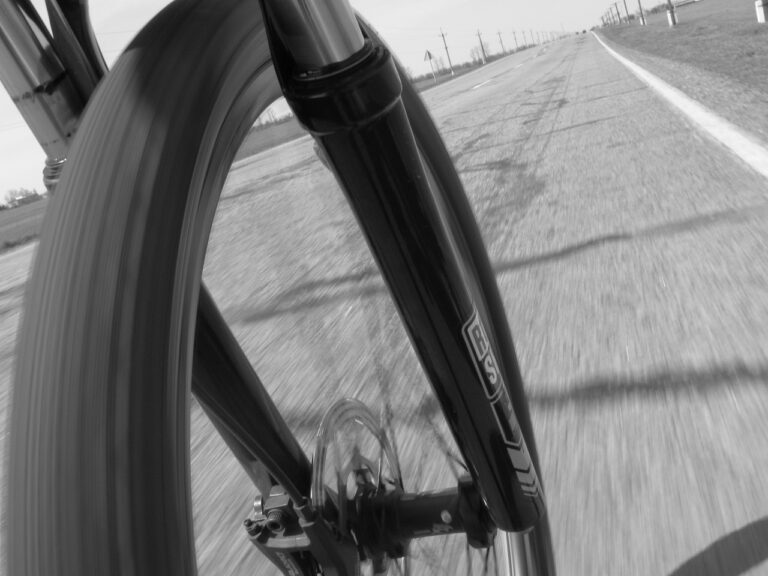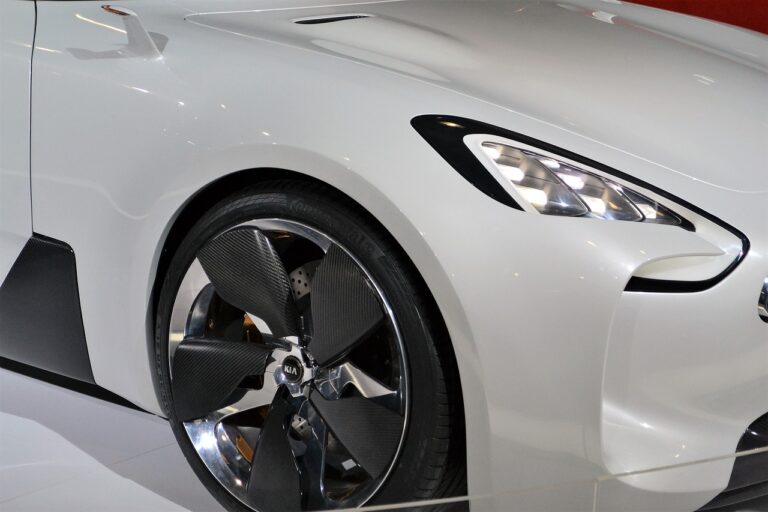Analyzing the Impact of Vehicle Suspension Tuning on Ride Comfort Testing: Tigerexchange 247.com, Golden 77.com, Sky 99 exch com login
tigerexchange 247.com, golden 77.com, sky 99 exch com login: Analyzing the Impact of Vehicle Suspension Tuning on Ride Comfort Testing
When it comes to designing a vehicle, one of the key factors that engineers must consider is ride comfort. This is where vehicle suspension tuning plays a crucial role. By adjusting the suspension system, engineers can fine-tune the ride quality of a vehicle to meet the desired level of comfort for passengers. But how exactly does suspension tuning impact ride comfort testing? Let’s explore this further.
What is suspension tuning?
Suspension tuning involves adjusting the components of a vehicle’s suspension system to improve its handling, stability, and ride comfort. This can include modifying the spring rates, shock absorbers, anti-roll bars, and other components to achieve the desired performance characteristics.
How does suspension tuning affect ride comfort testing?
Suspension tuning can have a significant impact on ride comfort testing. By adjusting the spring rates and shock absorbers, engineers can optimize the vehicle’s suspension system to absorb bumps and vibrations from the road, resulting in a smoother and more comfortable ride for passengers.
What are the key factors to consider in suspension tuning for ride comfort?
When tuning a vehicle’s suspension system for ride comfort, engineers must consider several factors, including the vehicle’s weight distribution, wheelbase, tire size, and driving conditions. By carefully balancing these factors, engineers can achieve the desired level of ride comfort without compromising handling and stability.
How can suspension tuning improve ride comfort?
By fine-tuning the suspension system, engineers can reduce body roll, improve cornering stability, and minimize vibrations transmitted to the cabin. This results in a more comfortable and enjoyable driving experience for passengers, especially on long journeys or rough roads.
The role of testing in suspension tuning
Testing is an essential part of suspension tuning for ride comfort. Engineers conduct various tests, such as ride quality evaluations, durability tests, and dynamic handling tests, to assess the performance of the suspension system and identify areas for improvement. By using advanced testing equipment and procedures, engineers can fine-tune the suspension system to achieve optimal ride comfort.
In conclusion, vehicle suspension tuning plays a crucial role in enhancing ride comfort for passengers. By carefully adjusting the components of the suspension system, engineers can optimize the vehicle’s performance characteristics to deliver a smoother and more comfortable ride. Through rigorous testing and analysis, engineers can ensure that the suspension system meets the desired level of ride comfort without compromising safety or handling.
FAQs
Q: How long does suspension tuning take?
A: The time required for suspension tuning can vary depending on the complexity of the vehicle and the desired performance characteristics. It can range from a few days to several weeks.
Q: Is suspension tuning expensive?
A: The cost of suspension tuning can vary depending on the extent of modifications required and the type of vehicle. It can range from a few hundred dollars to several thousand dollars.
Q: Can suspension tuning improve fuel efficiency?
A: While suspension tuning primarily focuses on ride comfort and handling, it can indirectly impact fuel efficiency by optimizing the vehicle’s performance characteristics and reducing unnecessary energy loss through vibrations and shocks.







